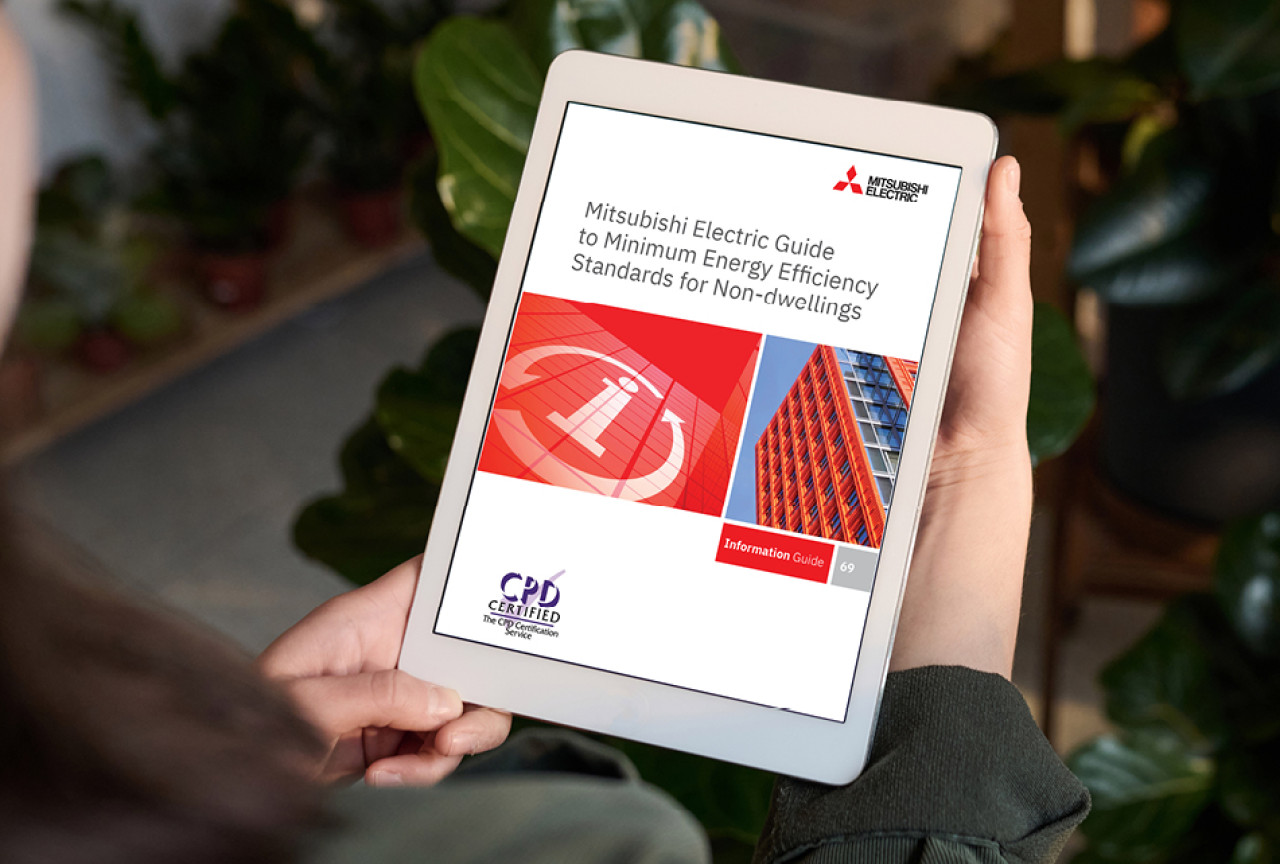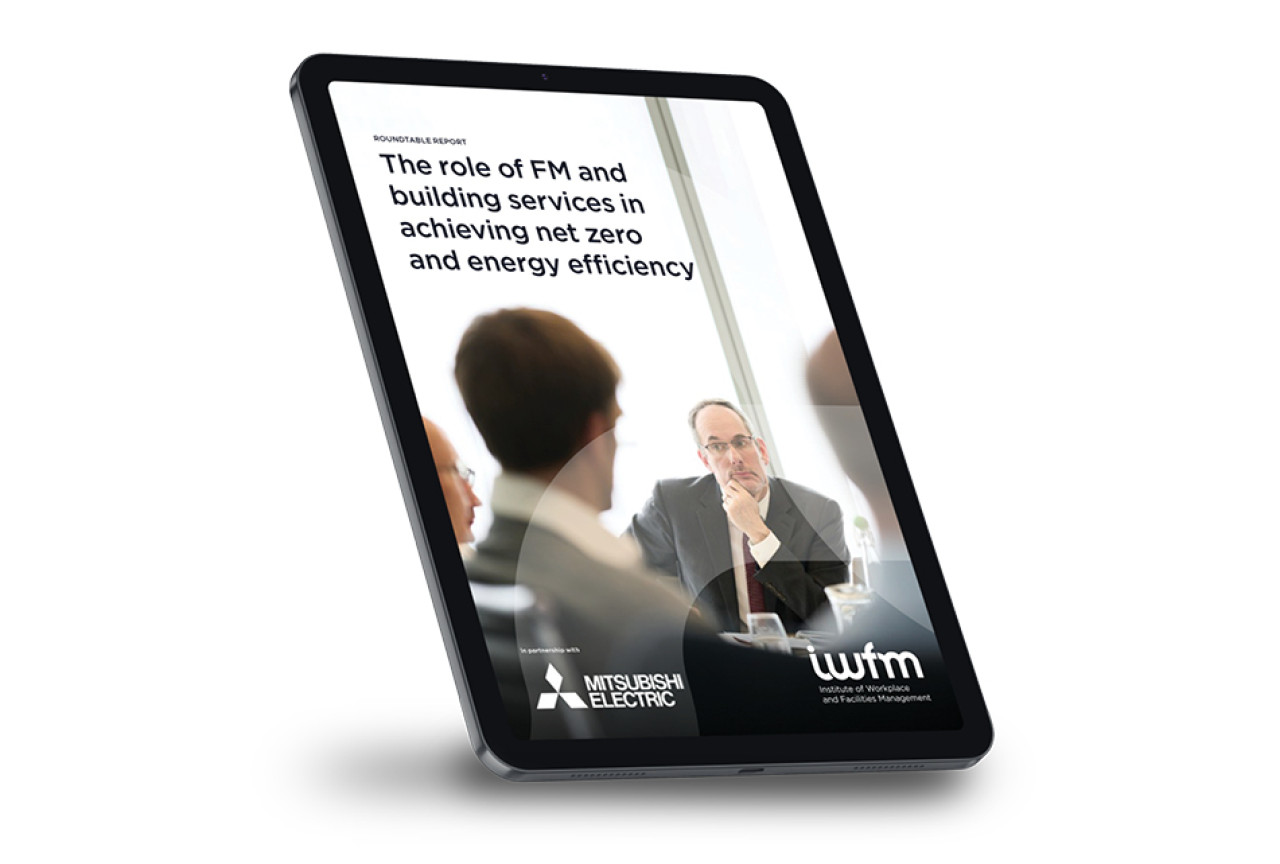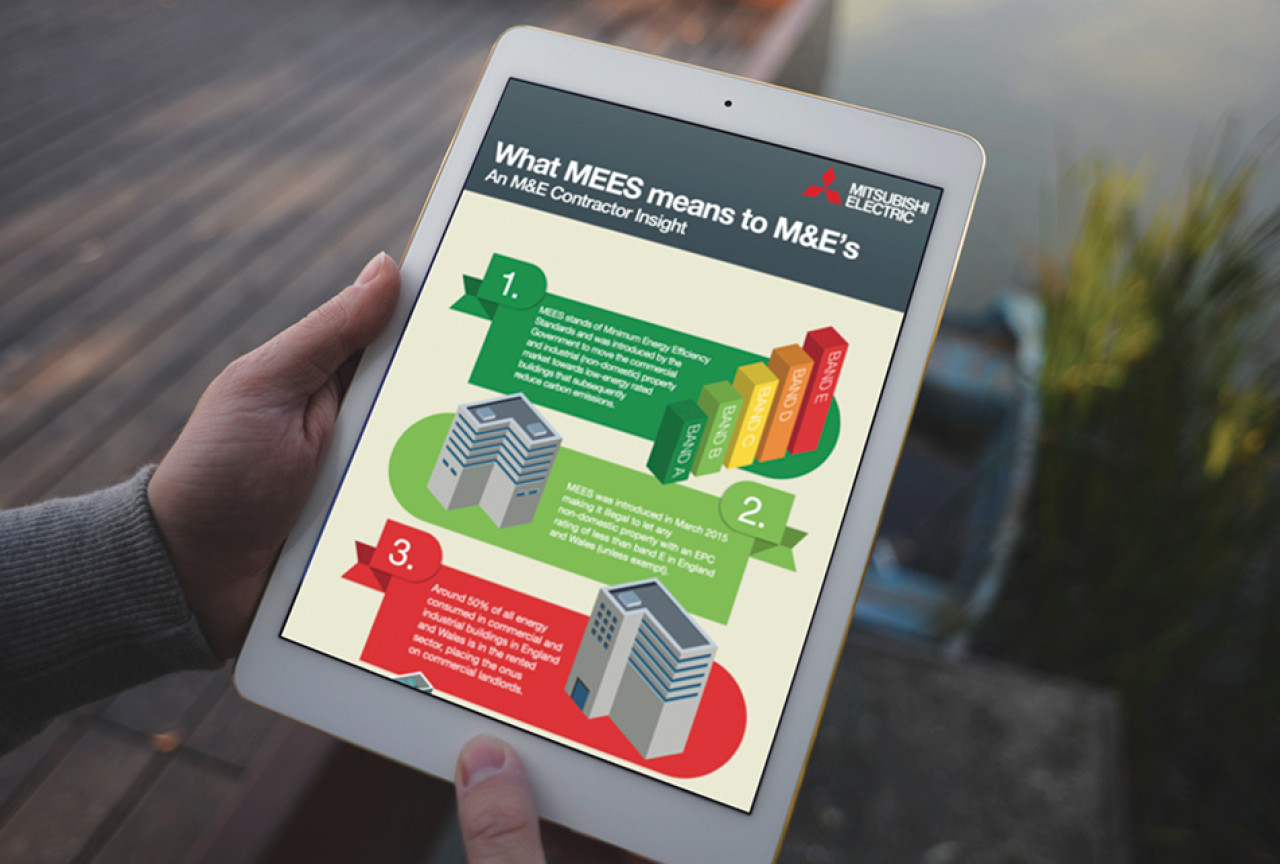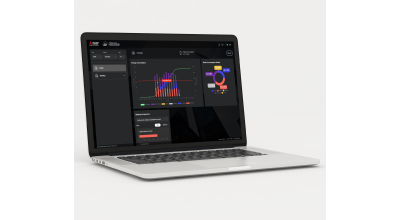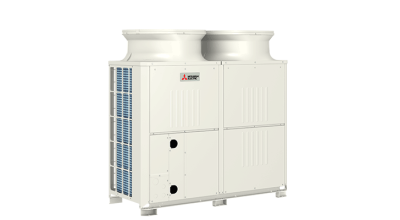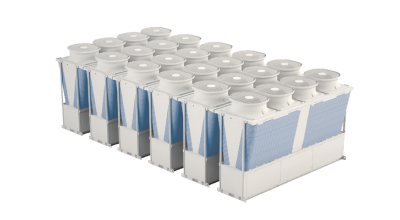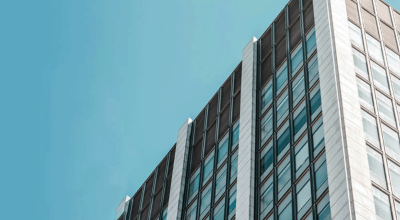An insight into MEES
Minimum Energy Efficiency Standards (MEES) regulations make it illegal to let any non-domestic property with an Energy Performance Certification (EPC) rating of less than band ‘E’. Whilst this is currently under review by the government, the aim is for these properties to achieve a minimum rating of EPC ‘B’ by at least 2030.
It is crucial for M&E contractors to understand MEES, which is why this CPD guide has been created to highlight the importance of MEES in relation to non-domestic buildings, why the government is taking this approach and what the impact of it is in the commercial property market.
Download CPD Guide
